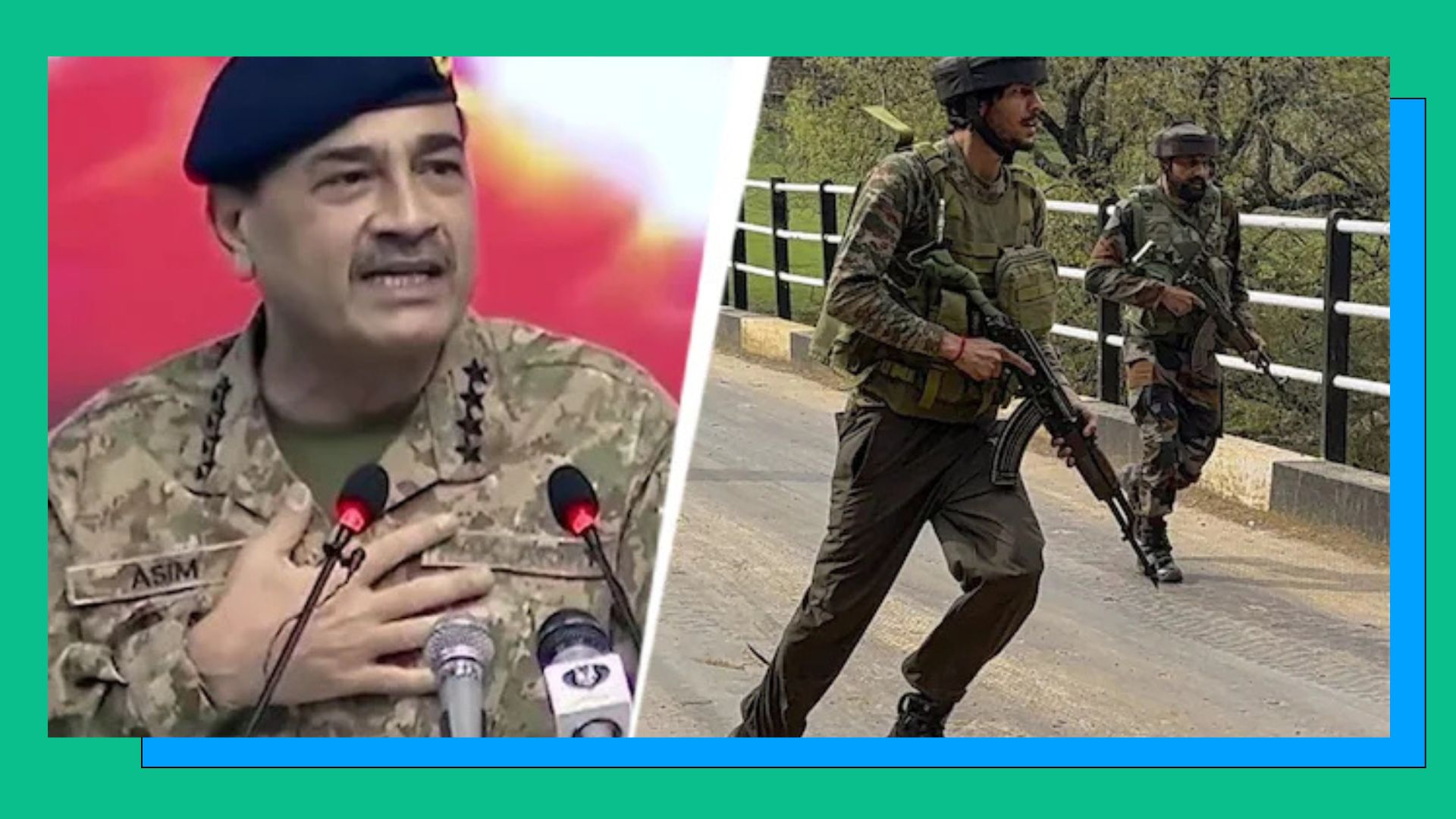General Asim Munir, Pakistan’s army chief, is known for keeping a low profile. But lately, his words — especially about Kashmir — have drawn attention far beyond Pakistan’s borders, stirring fresh anger in India and raising concerns in global diplomatic circles.
His recent remarks came just days before a deadly attack in Indian-administered Kashmir that killed 26 civilians — the worst such incident in two decades. While there’s no direct link between his speech and the violence, the timing and tone of his message have prompted a flurry of speculation.
A Familiar Flashpoint: The Kashmir Conflict
Kashmir has long been the heart of tensions between India and Pakistan. Both countries claim it fully, but each governs only a part. Since partition in 1947, it’s been a constant source of conflict — and a powerful symbol for both sides.
General Munir’s comments, seen as unusually forceful, have fueled fears of a return to a more confrontational era in the relationship between the two nuclear-armed neighbors.
Who Is General Asim Munir?
In Pakistan, Gen Munir is widely seen as the most powerful man in the country, even more so than the elected leadership. The military has historically played a dominant role in the country’s politics, and Munir is at its helm.
Born to a school principal and religious scholar, Munir joined the army in 1986 through the Officers Training School. He earned the prestigious Sword of Honour, awarded to the top cadet, and was commissioned into the 23 Frontier Force Regiment. Over the years, he’s commanded forces in the sensitive Kashmir region, led the ISI spy agency, and worked on military cooperation with Saudi Arabia.
He holds advanced degrees in public policy and strategic security and has studied in military institutions in Japan and Malaysia.
A Leader with a Different Style
Unlike his predecessor, Gen Qamar Javed Bajwa — who supported diplomatic outreach with India and de-escalation — Gen Munir is seen as a hardliner, especially when it comes to national security.
Bajwa, through what was dubbed the “Bajwa Doctrine,” focused on balancing security with economic and regional stability. He even returned an Indian pilot in 2019 to prevent war.
Munir, on the other hand, faces a different reality: rising terrorism, a weak economy, and deep political turmoil. Analysts say he doesn’t have the luxury of time, and that he’s opting for quicker, firmer responses, at home and abroad.
Kashmir: “Pakistan’s Jugular Vein”
On April 17, Gen Munir delivered a speech in Islamabad to a group of overseas Pakistanis, where he made headlines by stating:
“We are different from Hindus in every possible way.”
He also called Kashmir Pakistan’s “jugular vein” and promised to never abandon its people.
Five days later, a brutal attack in Pahalgam in Indian-administered Kashmir left 26 civilians dead. Though no connection has been proven, the proximity of his remarks to the attack has heightened tensions and drawn harsh criticism from Indian officials.
Why the Speech Hit a Nerve
Experts say it wasn’t just the content, but the tone and timing of the speech that caused alarm.
“It wasn’t standard rhetoric,” said Joshua T. White of Johns Hopkins University. “The tone, especially the religious framing, made it particularly inflammatory.”
Pakistan has long denied supporting cross-border militancy, but Gen Munir’s words have complicated Islamabad’s attempts to distance itself from such allegations.
A Power Statement — Or a Misstep?
Some analysts believe Munir’s remarks were meant to assert his authority — a message that he’s fully in control of Pakistan’s direction.
“It felt like his arrival moment,” said Abdul Basit, a South Asia expert in Singapore. “A declaration that Pakistan’s direction is once again in the army’s hands.”
Basit suggests Munir may have been swept up in the moment, making comments that were fine in private but seemed overtly confrontational in public.
This Isn’t the First Time
Earlier this year, on Kashmir Solidarity Day, Munir said:
“Pakistan has already fought three wars for Kashmir, and if 10 more wars are required, Pakistan will fight them.”
While such sentiments have been voiced by leaders before, coming from the army chief — and so close to a major militant attack — they carry significant weight and risk provoking a reaction from India.
Crackdown at Home: Consolidating Power
Munir isn’t just making moves on the foreign policy front. At home, he’s been busy tightening his grip on the military and cracking down on political dissent.
After riots in May 2023 linked to former Prime Minister Imran Khan’s arrest, Munir led a severe crackdown. Civilians were tried in military courts, and high-ranking officers seen as Khan loyalists were forced out or arrested.
Supporters say this was about restoring discipline; critics call it a purge of opposition. Either way, it showed Munir’s determination to reassert control.
A Defining Moment for Munir — and Pakistan
Now, more than two years into his five-year term, Gen Munir is shaping his legacy.
With India watching closely, and domestic challenges piling up, his next steps could define not just his career — but the future of Pakistan’s role in the region.
As Abdul Basit puts it:
“These next few weeks will decide whether Munir steers Pakistan toward diplomacy or escalation. That choice, right now, lies squarely with him.”












